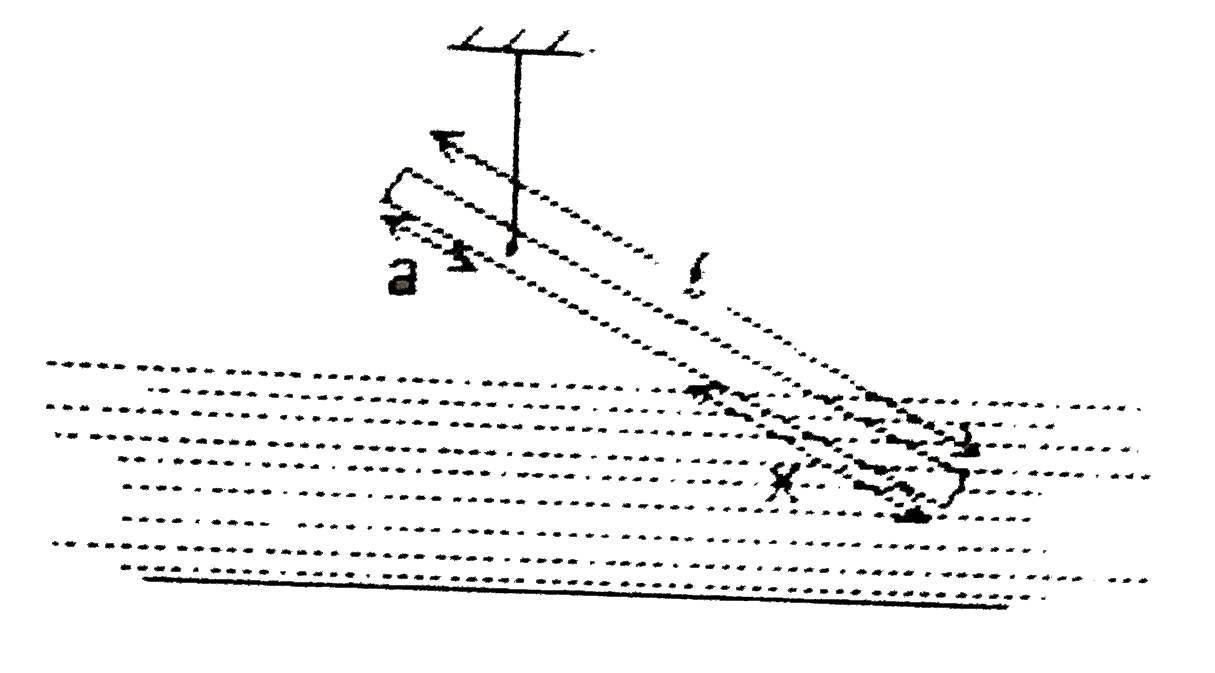Antibodies which stick to the surface of microbes are
Antioxins
Agglutinins
Osponins
Precipiins
The correct Answer is:C
Step-by-Step Solution:
1. Understanding Antibodies: Antibodies are proteins produced by the immune system to identify and neutralize foreign objects like bacteria and viruses.
2. Function of Antibodies: One of the key functions of antibodies is to bind to the surface of microbes. This binding helps in marking these microbes for destruction.
3. Opsonins: The specific type of antibodies that stick to the surface of microbes are called opsonins. Opsonins enhance the process of phagocytosis, which is the engulfing and digesting of pathogens by immune cells.
4. Mechanism of Action: When opsonins bind to the surface of microbes, they mark these microbes as targets for immune cells. This process significantly enhances the ability of immune cells, such as macrophages and neutrophils, to recognize and eliminate these pathogens.
5. Role in Immune Response: Opsonins not only mark pathogens for destruction but also activate the complement system, which is a group of proteins that aids in the immune response and can lead to the lysis (breaking down) of pathogens.
6. Conclusion: Therefore, the correct answer to the question is that the antibodies which stick to the surface of microbes are called opsonins.
Topper's Solved these Questions
- HUMAN HEALTH AND DISEASEBOOK - DINESH PUBLICATION ENGLISHCHAPTER - HUMAN HEALTH AND DISEASEEXERCISE - CHECK YOUR GRASP
17 Videos
- HUMAN HEALTH AND DISEASEBOOK - DINESH PUBLICATION ENGLISHCHAPTER - HUMAN HEALTH AND DISEASEEXERCISE - CHECK YOUR GRASP
17 Videos
- HUMAN EVOLUTIONBOOK - DINESH PUBLICATION ENGLISHCHAPTER - HUMAN EVOLUTIONEXERCISE - Brain Teasers-VII
181 Videos
- HUMAN REPRODUCTIONBOOK - DINESH PUBLICATION ENGLISHCHAPTER - HUMAN REPRODUCTIONEXERCISE - MCQ
770 Videos
Similar Questions
Knowledge Check
Antibodies are secreted by
AT-lymphocytesBB-lymphocytesCboth (a) and (b)Dnatural killer cell
Antibodies are:
View SolutionAntibodies are:
View SolutionAntibodies belong to
View SolutionCytolysins which damages the cell membranes of microbes are secreted by :-
View SolutionAn antibody is a
View SolutionAn antibody is a
View Solution
One end of a uniform stick having length l=1m is hung from a string as shown in figure. Length a=20 cm is above the point of suspension the length of the stick below the surface of water is [ρstick/ρliquid=0.25]
View Solution
